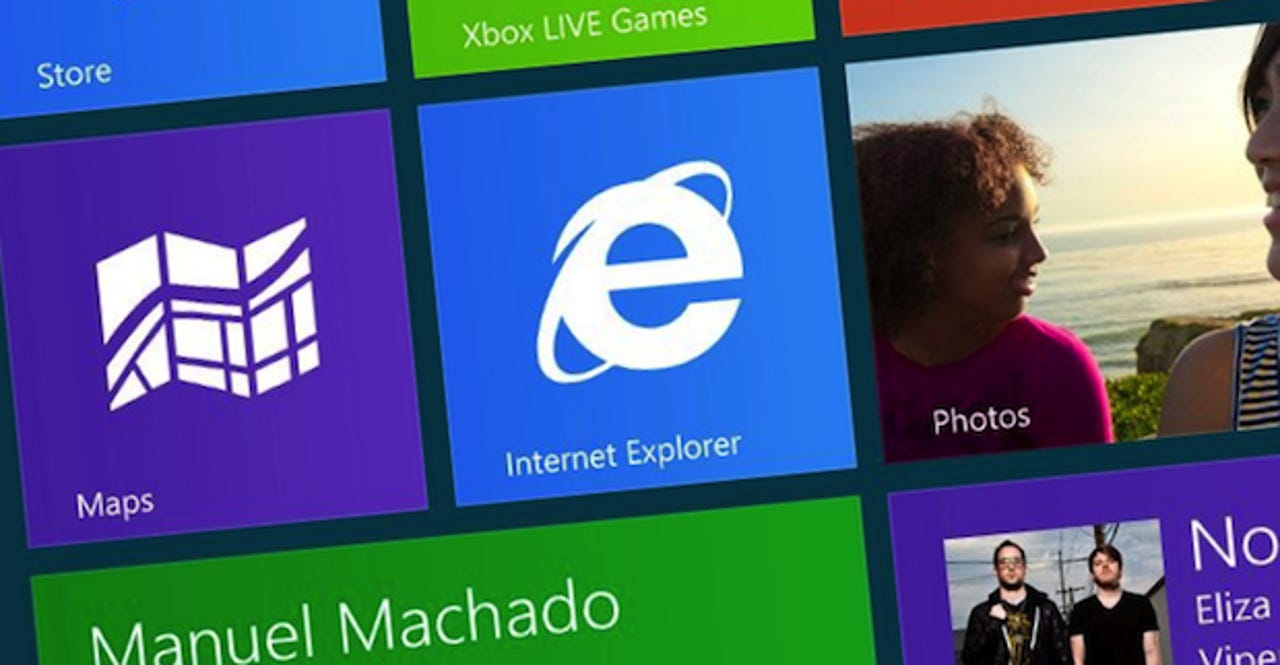China ramps up Microsoft antitrust probe; questions remain over legitimacy of claims

Chinese regulators are targeting Microsoft's browser and media player, in what may result in a revisiting of older complaints first seen in Europe from more than a decade ago.
According to a Reuters brief, Microsoft's sales of Internet Explorer and its own-branded Windows Media Player have been "problematic," Zhang Mao, head of the country's State Administration for Industry and Commerce (SAIC) said on Tuesday.
Without elaborating, Mao reportedly suggested that Microsoft had failed to express "willingness to co-operate" with the ongoing probe, which resulted in the software giant's offices in mainland China being raided.
Microsoft declined to comment to the news agency.
In the wake of mass access to the World Wide Web in the early-to-mid-1990s, Microsoft dominated the browser and media player scene. Although the company remains ahead to this day, it wasn't without issue. The monopoly of the market led to two cases, one each by European and US regulators, taking the company to task.
Microsoft lost, and after a series of appeals the final fine cost the company €1.4 billion ($1.85bn). It also forced the company to develop an operating system without its browser or media player bundled, leading to a fragmentation of the Windows XP operating system across the European market.
China's own investigation comes at a time where other companies, including Qualcomm and Mercedes-Benz, are facing extreme scrutiny from the world's largest country by population.
SAIC made similar allegations to the Europeans' way back when, claiming that Microsoft was violating the country's anti-monopoly law by bundling document authentication in its Office suite of products.
Featured
However, other reporting suggests that Windows XP, which remains one of the most popular operating systems in China, may in fact be at the center of the probe — even if the Chinese government is being less than open about it.
China continues to develop its own home-brand operating system, expected to launch in October, with support for mobile devices landing later. Although the platform is based on Linux, it's hoped the operating system will help China lead against its rivals, like Apple, Google, and of course, Microsoft.
The country remains increasingly skeptical over US and Western technology in the wake of the Edward Snowden disclosures on government surveillance, is pushing ahead with its own home-grow brands to compete domestically with imported software and services.
If that's the case, China could be soon accused of creating its own antitrust issues to forge out its own debut into the software market.
